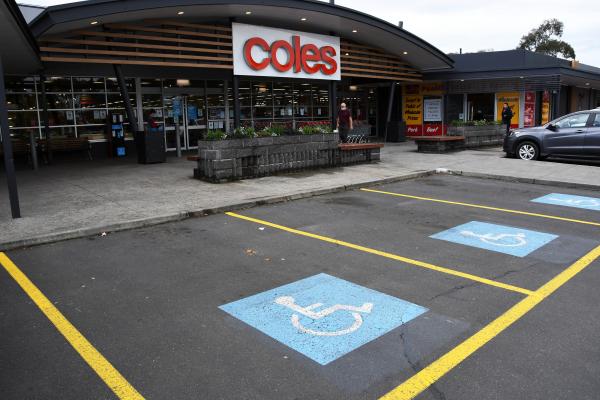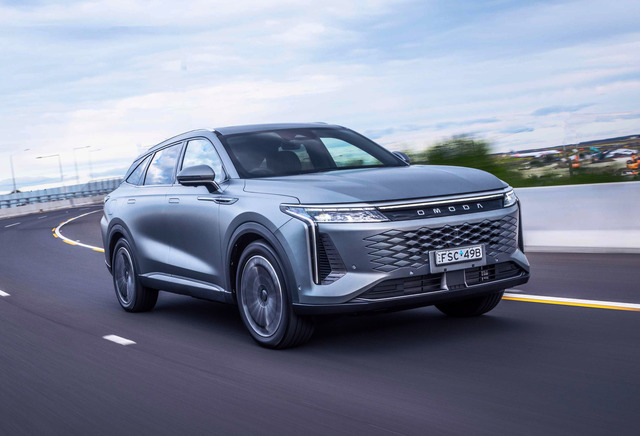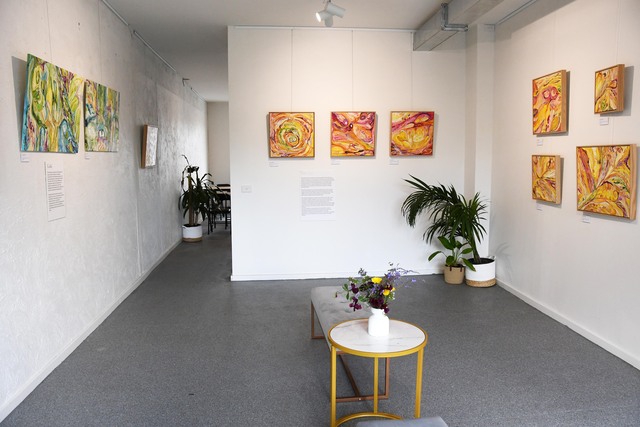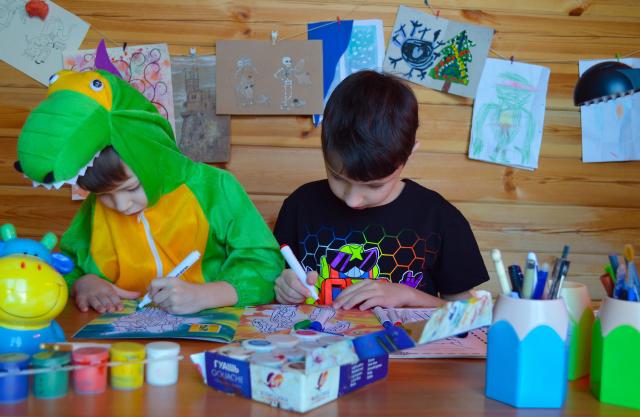After being harassed in a Coles carpark, a Pakenham woman is drawing attention to ‘invisible disabilities’ and the reasons why people might need to use an accessibility parking permit.
Alecia was going about her shopping at the Village Lakeside Shopping Centre and was leaving the carpark after using the accessible space, when she said she was “accosted” by another woman who asked where her permit was.
“I showed her the pass and she was quite rude and aggressive about it,” Alecia said.
Alecia is on the autism spectrum and has anxiety issues that require her to shop with a carer.
Being in public spaces can be stressful and overwhelming for her.
She said that being able to park closer to the store can help alleviate her anxiety by giving her an easy exit should the situation get to be too much and cause her to have a meltdown.
“On the surface I look like your typical young person without any issues, but it goes a lot deeper than that,” she explained.
“I know for people suffering physical disabilities that it might sound like I’m not in pain, but it’s a different kind of pain and it’s just as valid.
“It’s already difficult for people living with that sort of thing and to then be judged by other people saying you don’t belong here makes people feel pretty weak.”
To cap it off, it was the first time she had used the permit.
“I was really anxious because I had heard of this happening to other people,” she said.
Alecia posted about her experience on a local Facebook group and received many supportive comments from others who had been harassed for their invisible disability, including parents of children with autism.
She’s now calling on the community to “think outside the box” about what disability looks like.
“The illnesses and conditions people suffer often aren’t visible. People have things like cancer or fibromyalgia. You can’t see it, but it doesn’t mean it’s not there,” Alecia said.
According to ABS data, more than four million Australians have disability.
Of those, almost a quarter report a non-physical condition as their main disability.
This can include things like mood, intellectual and neurotic disorders.
Alecia said thanks to social media, attitudes towards disability were improving – but there was still more work to be done to ensure people were familiar with different types of disabilities.
She said talking about the situation, as she has, can help educate people and re-shape their understandings.
Alecia also said people should be aware of what the accessible parking permits look like.
While most people would be familiar with the standard blue and white pass, Alecia’s is new, and is multi-coloured and fluorescent.
She also believes there should be more accessible parking spaces available at shops to cater for those who have disability.







